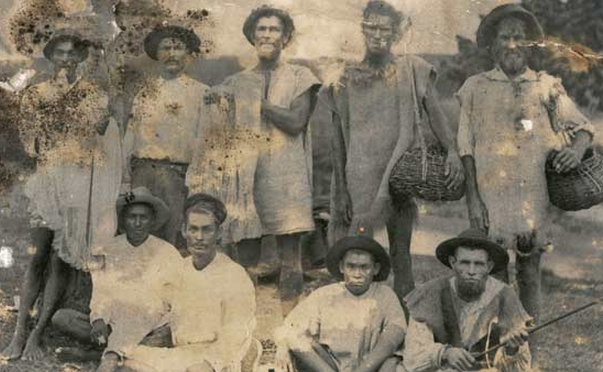Activists Disrupt For-Profit Prison Corporation Meeting
As the for-profit prison corporation GEO Group held its annual shareholder meeting in Boca Raton, Florida on Wednesday, human rights organizations calling for an end to incarceration converged on the company's headquarters to demand accountability and divestment from the prison industry.
The prison-industrial complex "not only profits off the imprisonment of of America's most vulnerable, but also corrupts our system through draconian legislation and our education system," said one activist, Joshua McConnel, who joined the march organized by Dream Defenders, Prison Legal News, Grassroots Leadership, SEIU Florida, and other groups.
Taking up the call for other institutions to divest from the prison industry, McConnel continued, "My own university, the University of Central Florida... takes my tuition dollars and so many others and invests in companies just like GEO Group and CCA [Corrections Corporation of America]."














